Premium Only Content
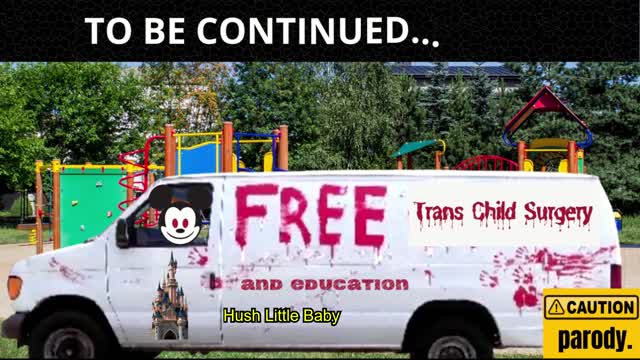
Disney's Little Grooming Playhouse
What the heck is going on at Disney?!?!
Petition to Stop the Indoctrination at Disney https://www.traditionalvalues.us/disney-S.aspx?pid=Rum1
Disney has been slowly falling prey to the Homosexual Lobby's demands to include their radical Agenda into their movies and parks.
And it's up to pro-Family Americans like you and me to show them that we are not going to sit back and allow them to indoctrinate our children.
That's why I need you to sign your petition below to demand Disney's leadership to stop the indoctrination and to return to the traditional family values that you and I have cherished for so long.
Sign the Petition to help protect our Children from Disney here: https://www.traditionalvalues.us/disney-S.aspx?pid=Rum1
#GenderCorruptionTheory #CriticalRaceTheory #Schoolboard #schools #familyvalues #parents #protectourchildren #GCT #CRT #disney #boycott
DISCLAIMER: Public Advocate is a non-profit 501(c)(4) that fights for the Family and against the radical agenda of the Homosexual Lobby. As such, we do not endorse or oppose any candidate for office. Contributions or gifts to Public Advocate of the U.S. are not tax-deductible. Public Advocate receives no government funds. You may reach us at Public Advocate, P.O. Box 1360, Merrifield, VA 22116; (703) 845-1808; https://www.publicadvocateusa.org
Copyright Disclaimer Under Section 107 of the Copyright Act 1976, allowance is made for "fair use" for purposes such as criticism, comment, news reporting, teaching, scholarship, and research. Fair use is a use permitted by copyright statute that might otherwise be infringing. Non-profit, educational or personal use tips the balance in favor of fair use. Any infringement was not done on purpose and will be rectified to all parties satisfaction.
PARODY:
A parody takes a piece of creative work–such as art, literature, or film–and imitates it in an exaggerated, comedic fashion. Parody often serves as a criticism or commentary on the original work, the artist who created it, or something otherwise connected to the work. In the United States, parody is protected by the First Amendment as a form of expression. However, since parodies rely heavily on the original work, parodists rely on the fair use exception to combat claims of copyright infringement. The fair use exception is governed by the factors enumerated in section 107 of the Copyright Act: (1) the purpose and character of the use; (2) the nature of the original work; (3) the amount and substantiality of the original work used; and (4) the effect on the market value of the original work. Generally, courts are more likely to find that a parody qualifies as fair use if its purpose is to serve as a social commentary and not for purely commercial gain. https://www.law.cornell.edu/wex/parody#:~:text=In%20the%20United%20States%2C%20parody,combat%20claims%20of%20copyright%20infringement.
-
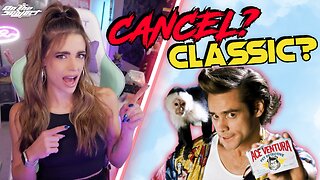 LIVE
LIVE
megimu32
1 hour agoOTS: Ace Ventura & The Death of 90s Comedy
104 watching -
 LIVE
LIVE
We Like Shooting
14 hours agoDouble Tap 426 (Gun Podcast)
121 watching -
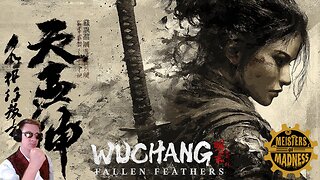 LIVE
LIVE
Meisters of Madness
4 hours agoWuchang Returns with Madness & Ranked Finals
34 watching -
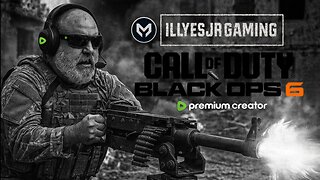 LIVE
LIVE
Illyes Jr Gaming
1 hour agoBlack Ops 6 Action Reppin @Mystivis
51 watching -
 LIVE
LIVE
a12cat34dog
1 hour agoCRAZY NEW HORROR GAME :: Cronos: The New Dawn :: SPOOKY SEASON CAME EARLY {18+}
67 watching -
 LIVE
LIVE
JakRazGaming
3 hours agoPlaying Minecraft with GameQuest1552, Rexmon, and JuicyKinnKandy! Stream 16
44 watching -
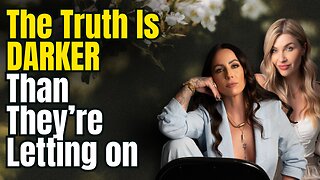 24:02
24:02
The Quiet Part
4 hours agoOur Court Failed Us - In The Name of Tolerance
6.55K7 -
 LIVE
LIVE
LFA TV
22 hours agoLFA TV ALL DAY STREAM - MONDAY 9/8/25
786 watching -
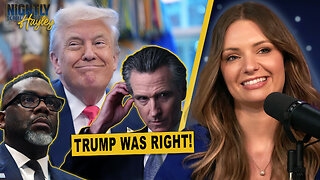 1:01:36
1:01:36
BonginoReport
4 hours agoNationwide Crime Spree Amid Trump Crackdown (Ep. 129) - Nightly Scroll with Hayley 09/08/2025
68.2K40 -
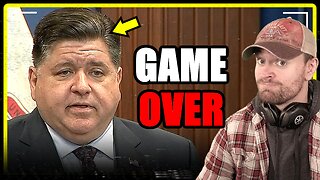 36:23
36:23
MattMorseTV
2 hours ago $2.20 earned🔴Pritzker just GOBBLED UP Trump's BAIT.🔴
14.2K26